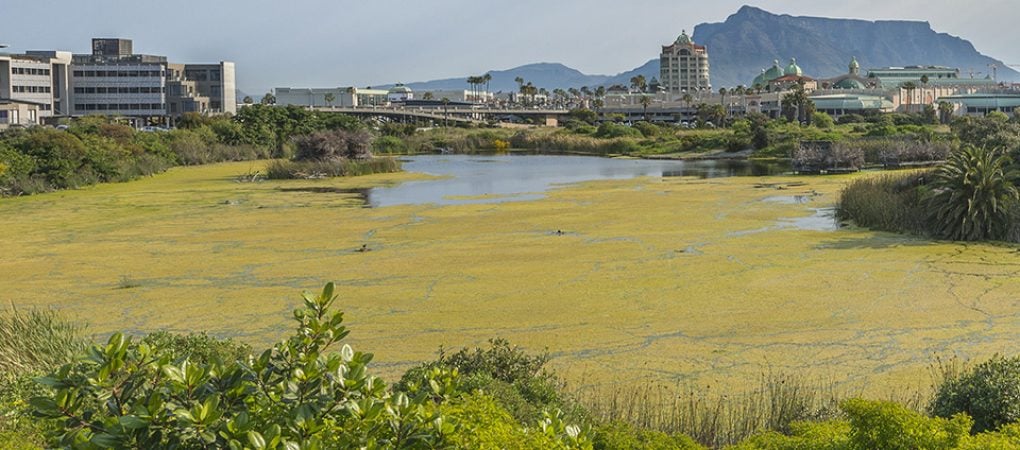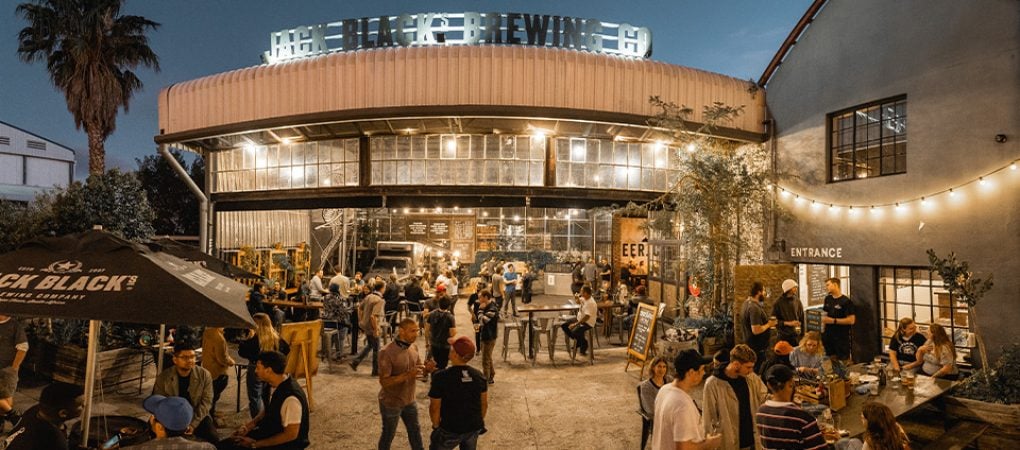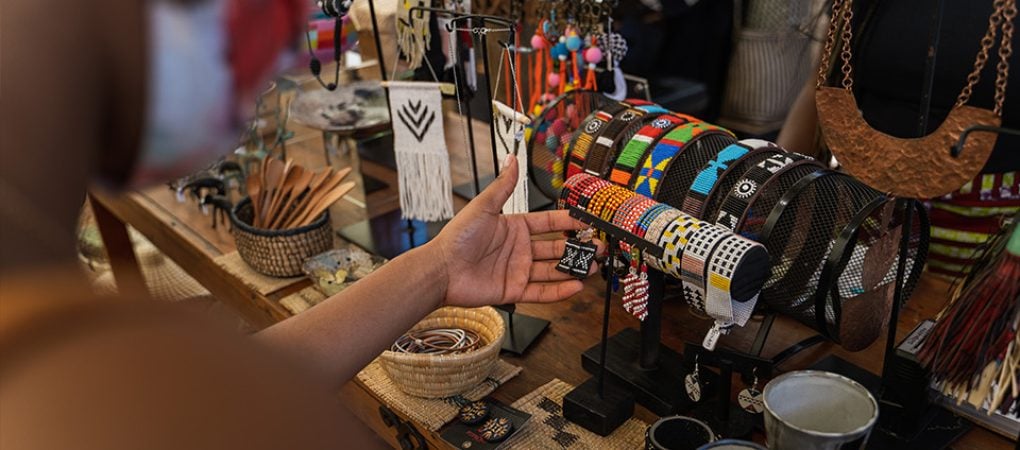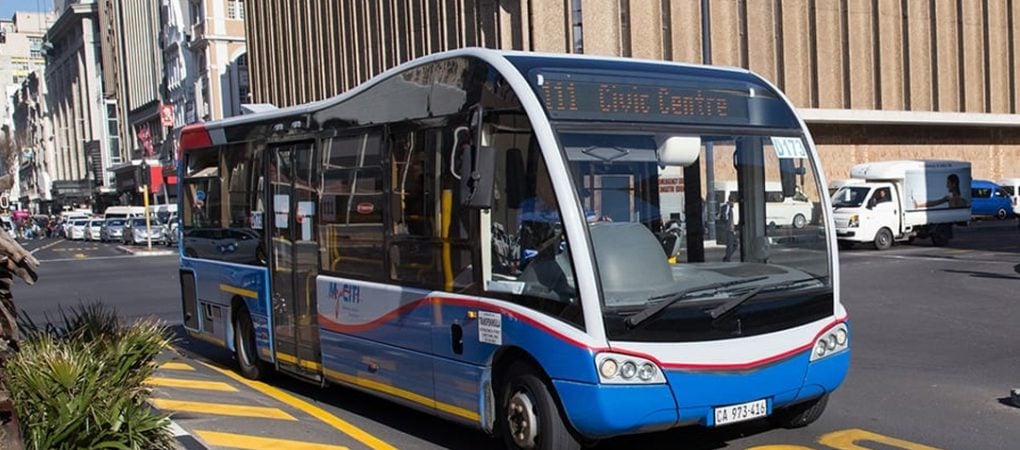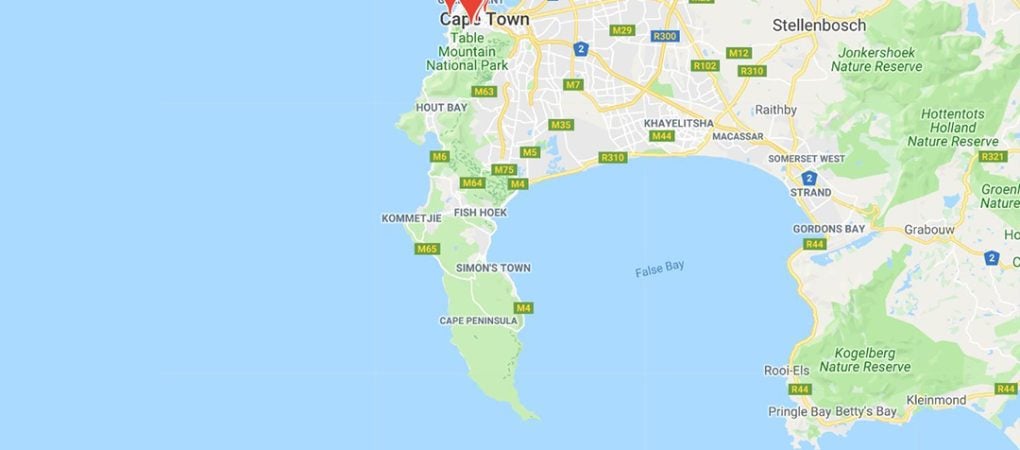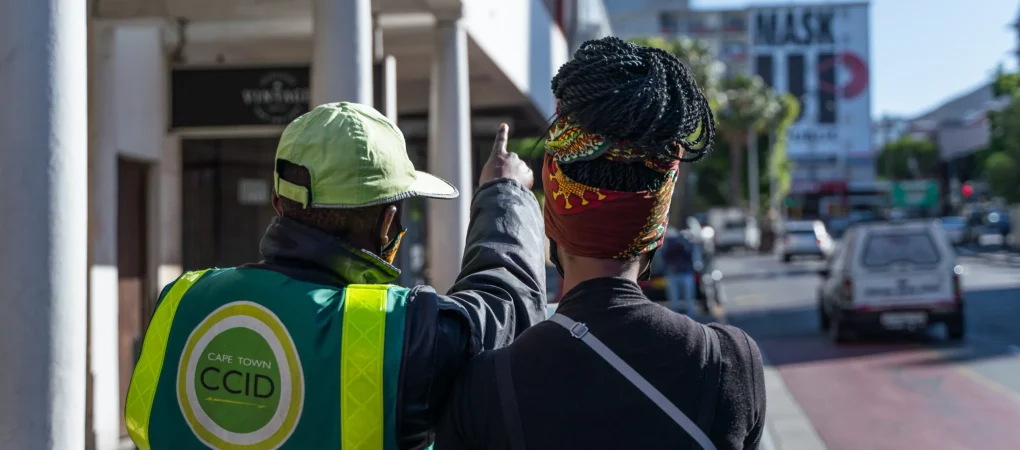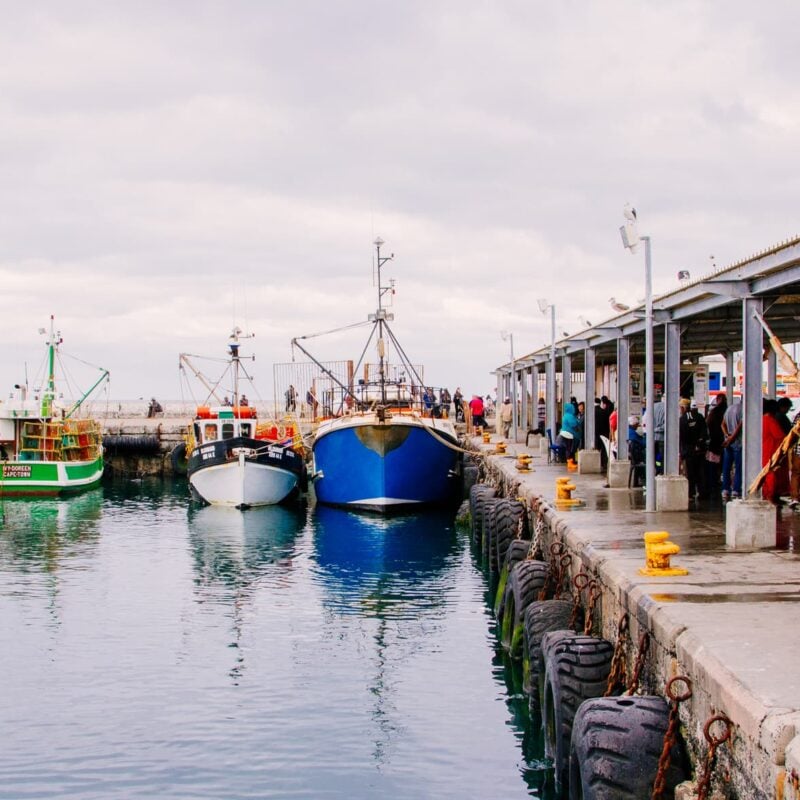Sustainable shopping in Cape Town revolves around the idea of supporting local artisans and fair-trade products, with a focus on minimising environmental impact and promoting ethical practices.
By engaging in sustainable shopping practices, you can contribute to the wellbeing of local communities, protect the environment, and ensure fair compensation for artisans and workers involved in the production process.
Supporting local artisans
Cape Town has a vibrant creative community, comprising artists, craftsmen, and designers who produce unique handmade products.
By purchasing from local artisans, you directly support their livelihoods, help preserve traditional crafts, and promote the cultural heritage of the region. From handwoven textiles and ceramics to jewellery and artwork, there are various artisanal products available for sustainable shoppers.
Fair-trade products
Fair-trade is a system that ensures producers, especially in developing countries, receive fair compensation for their labour and products.
When shopping sustainably in Cape Town, you can look for fair-trade certifications on various products, such as coffee, tea, chocolate, clothing, and accessories. Buying fair-trade products guarantees that the producers receive a fair price, workers are treated ethically, and environmental standards are upheld.
Local markets and independent stores
Cape Town offers numerous local markets and independent stores focusing on sustainable and ethical products.
Markets like the Neighbourgoods Market, Oranjezicht City Farm Market, and Earth Fair Market (to name a few) provide platforms for local artisans and small-scale businesses to showcase their products. These markets often feature organic food, handmade crafts, upcycled goods, and eco-friendly alternatives.
Eco-friendly and upcycled products
Sustainable shopping also involves opting for eco-friendly products that minimise harm to the environment.
Look for items made from recycled or upcycled materials, such as bags made from repurposed fabrics, furniture crafted from reclaimed wood, or accessories created from recycled metals. By choosing these products, you contribute to waste reduction and promote the circular economy.
Ethical fashion
Cape Town has a flourishing sustainable fashion scene. Look for clothing brands that prioritise fair-trade practices, use organic and sustainable fabrics, and promote transparency in their supply chains.
By supporting ethical fashion, you help reduce the negative environmental and social impacts of the fashion industry while encouraging responsible consumption.
Community-supported agriculture
Community-supported agriculture (CSA) programmes allow consumers to support local farmers and receive fresh, seasonal produce directly from them.
Several CSA programmes operate in and around Cape Town, offering a wide range of organic fruits, vegetables, and other farm products. By subscribing to CSA, you not only help local producers but also reduce the carbon footprint associated with long-distance food transportation.
Recycling and waste reduction
Sustainable shopping involves not just buying ethical products but also actively participating in waste reduction efforts.
Cape Town has recycling facilities and initiatives aimed at reducing waste and promoting proper waste management. Be mindful of packaging when making purchases and consider reusable alternatives such as shopping bags, water bottles, and coffee cups.
Collaborative consumption
Another trend in sustainable shopping is collaborative consumption, which involves sharing resources and reducing unnecessary consumption.
In Cape Town, you can find platforms and initiatives that facilitate sharing and swapping items, such as clothing, books and household goods. These initiatives promote a circular economy and encourage a more sustainable and mindful approach to consumption.








